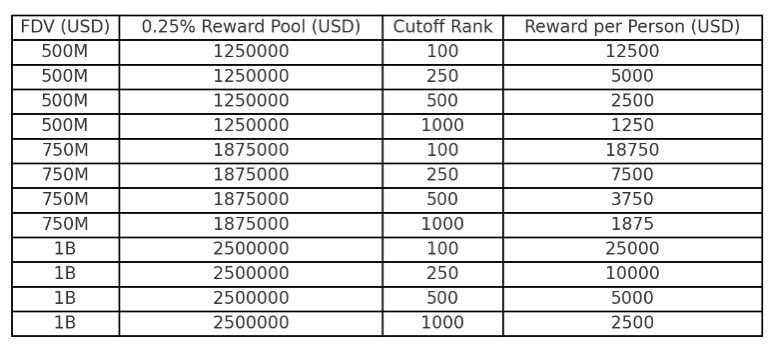Navigating the AI Revolution: Understanding Its Impact, Challenges, and Future Trajectory
—
Introducing the AI Phenomenon: More Than Just a Buzzword
Artificial Intelligence (AI) has shifted from sci-fi imagination to a cornerstone of modern technology that permeates almost every aspect of daily life. From virtual assistants in smartphones to complex algorithms driving autonomous vehicles and medical diagnostics, AI’s influence is vast and continuously growing. But understanding AI requires more than just recognizing its presence; it demands a grasp of how it shapes industries, society, and ethical frameworks.
The recent surge in AI applications powered by advancements in machine learning, natural language processing, and computer vision has accelerated innovation. Yet, amid excitement, it is essential to look critically at the implications and complexities underlying this rapid transformation.
—
Demystifying AI: Foundations and Functionalities
At its core, AI refers to machines’ ability to mimic human intelligence processes such as learning, reasoning, problem-solving, and language understanding. Technologies like deep learning allow AI systems to handle vast data, identify patterns, and make decisions with minimal human intervention. This shift from rule-based programming to adaptive learning algorithms is what makes AI particularly potent in solving real-world problems.
AI systems broadly fall into narrow AI, which specializes in specific tasks like language translation or image recognition, and the more speculative concept of general AI, which would perform any intellectual task a human can. Today’s practical AI operates predominantly in the narrow domain, yet its versatility across sectors is remarkable—from finance automating fraud detection to agriculture optimizing crop yields.
—
Impact Across Industries: Revolution or Evolution?
The transformative reach of AI spans various sectors, often revolutionizing traditional workflows:
– Healthcare: AI enhances diagnostics and patient care. Algorithms analyze medical imaging with accuracy rivaling experts, while predictive models anticipate disease outbreaks and patient risks. Personalized treatment plans rooted in AI-driven data analysis are becoming the norm, promising better health outcomes.
– Finance: High-frequency trading, fraud detection, risk assessment, and customer service chatbots showcase AI’s financial applications. By quickly processing enormous transaction data, AI helps institutions reduce losses and improve regulatory compliance.
– Manufacturing: AI-powered robots and predictive maintenance improve efficiency, reduce downtime, and cut operational costs. Smart factories that learn and adapt minimize waste and optimize supply chains.
– Entertainment and Media: AI curates personalized content, generates realistic graphics, and even assists in writing, music composition, and film production, opening creative avenues that redefine storytelling.
However, it is crucial to note that AI’s integration is more evolutionary in some industries and revolutionary in others, reflecting varied readiness, regulatory environments, and data availability.
—
Addressing Ethical and Social Challenges
With great power comes significant responsibility. The adoption of AI raises profound ethical questions that society must grapple with seriously.
– Bias and Fairness: AI algorithms learn from historical data, which can embed and perpetuate social biases. Discriminatory hiring tools or biased facial recognition software illustrate how unchecked AI can reinforce inequality indirectly.
– Privacy and Surveillance: AI’s appetite for data raises privacy concerns. The fine line between enhancing user experience and intrusive monitoring demands robust frameworks to protect individual rights.
– Job Displacement and Economic Shifts: Automation powered by AI threatens to disrupt labor markets, particularly for routine or manual jobs. While new roles emerge, retraining the workforce and balancing economic inequality remain pressing challenges.
– Transparency and Accountability: AI’s decision-making often appears as a “black box.” Understanding how and why AI systems reach conclusions is essential for accountability, especially in critical areas such as criminal justice or healthcare.
These concerns necessitate a multi-stakeholder approach involving governments, companies, researchers, and civil society to establish ethical AI principles and enforceable standards.
—
The Future Trajectory: Augmentation, Regulation, and Collaboration
Looking ahead, AI is poised not merely to replace human effort but to augment it, enhancing creativity, productivity, and problem-solving capabilities. The collaboration between humans and AI promises new frontiers in science, education, and more personalized user experiences.
Regulatory landscapes are progressively taking shape worldwide, seeking to balance innovation benefits with risk mitigation. Frameworks emphasize transparency, safety, and ethical use, aiming to foster public trust while preventing misuse.
Innovation in AI research continues to push boundaries, with emerging fields like explainable AI (XAI), federated learning, and AI for social good gaining traction. These initiatives indicate a trend toward inclusive and responsible AI development grounded in societal well-being.
—
Closing Reflections: Embracing AI with Eyes Wide Open
The advancement of artificial intelligence marks one of the most significant technological shifts of the 21st century, blending vast opportunity with complex responsibility. As AI becomes increasingly embedded in everyday life, understanding its mechanics, impacts, and ethical dimensions enables individuals and organizations to navigate the future more wisely.
AI’s promise is immense, but equally substantial is the need for vigilance and thoughtful stewardship. Embracing AI’s capabilities while confronting its challenges candidly ensures the creation of systems that reflect humanity’s highest aspirations—intelligence that uplifts, fairness that fosters trust, and innovation that benefits all.
—
Sources
– Stanford AI Index Report 2024
– World Economic Forum on AI Ethics
– McKinsey Global Institute: AI and the Future of Work
– OECD AI Principles and Guidelines





